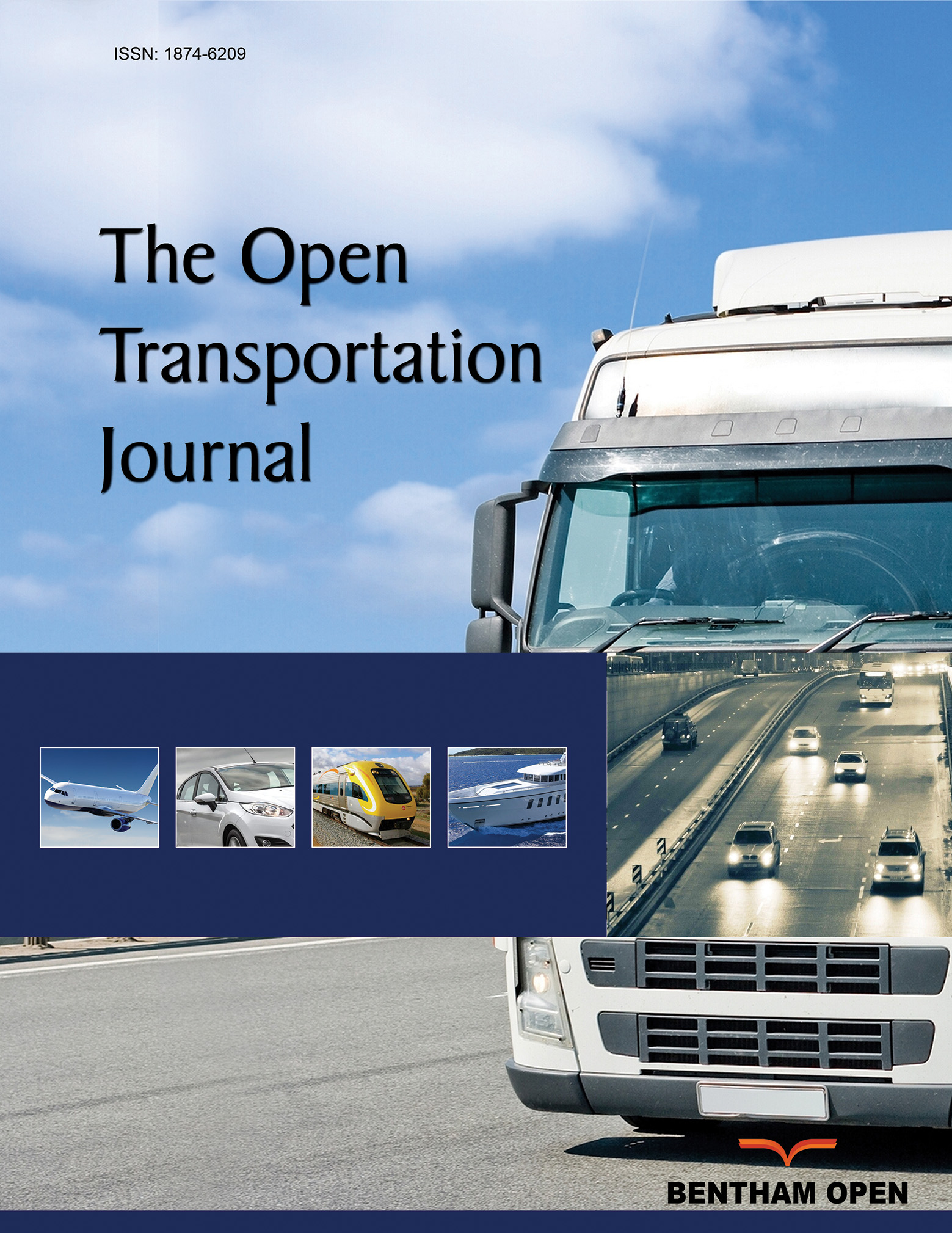All published articles of this journal are available on ScienceDirect.
Sustainable Public Transportation Evaluation using a Novel Hybrid Method Based on Fuzzy BWM and MABAC
Abstract
Background:
The transportation sector has wide-ranging effects on the human societies. Public transportation has a key and undeniable role in the lives of people in society and affects important aspects such as economic, social, cultural and environmental. Therefore, assessing the sustainability of public transportation in urban areas can be considered as a challenge for transportation policy makers.
Methods:
In this study, a novel hybrid multi-criteria decision-making (MCDM) method is proposed to evaluate sustainable public transportation in Tehran. Evaluation criteria have been identified using the literature and experts’ opinion. The proposed method integrates the fuzzy best-worst method (FBWM) and the multi-attributive border approximation area comparison (MABAC) method. a group of three experts determined the weight and importance of each criterion using FBWM. The MABAC method was then used to rank sustainable public transport alternatives.
Results:
The results indicate the reliability of the proposed method. Also, we can see that the results are congruent with the actual conditions of public transportation. The studied alternatives have been evaluated, and according to the decision criteria, metro and e-hailing have been the most sustainable alternatives. It is noteworthy that the economic and financial sustainability, service availability and environment sustainability have been the most important criteria.
Conclusion:
The proposed framework in this study can be used by public transportation planners and policy makers to identify sustainable options in order to consider facilities and implement incentive policies in this field. Also, the results of the proposed method used in this study can be used as a suitable guidance to assess the sustainability of public transportation.


